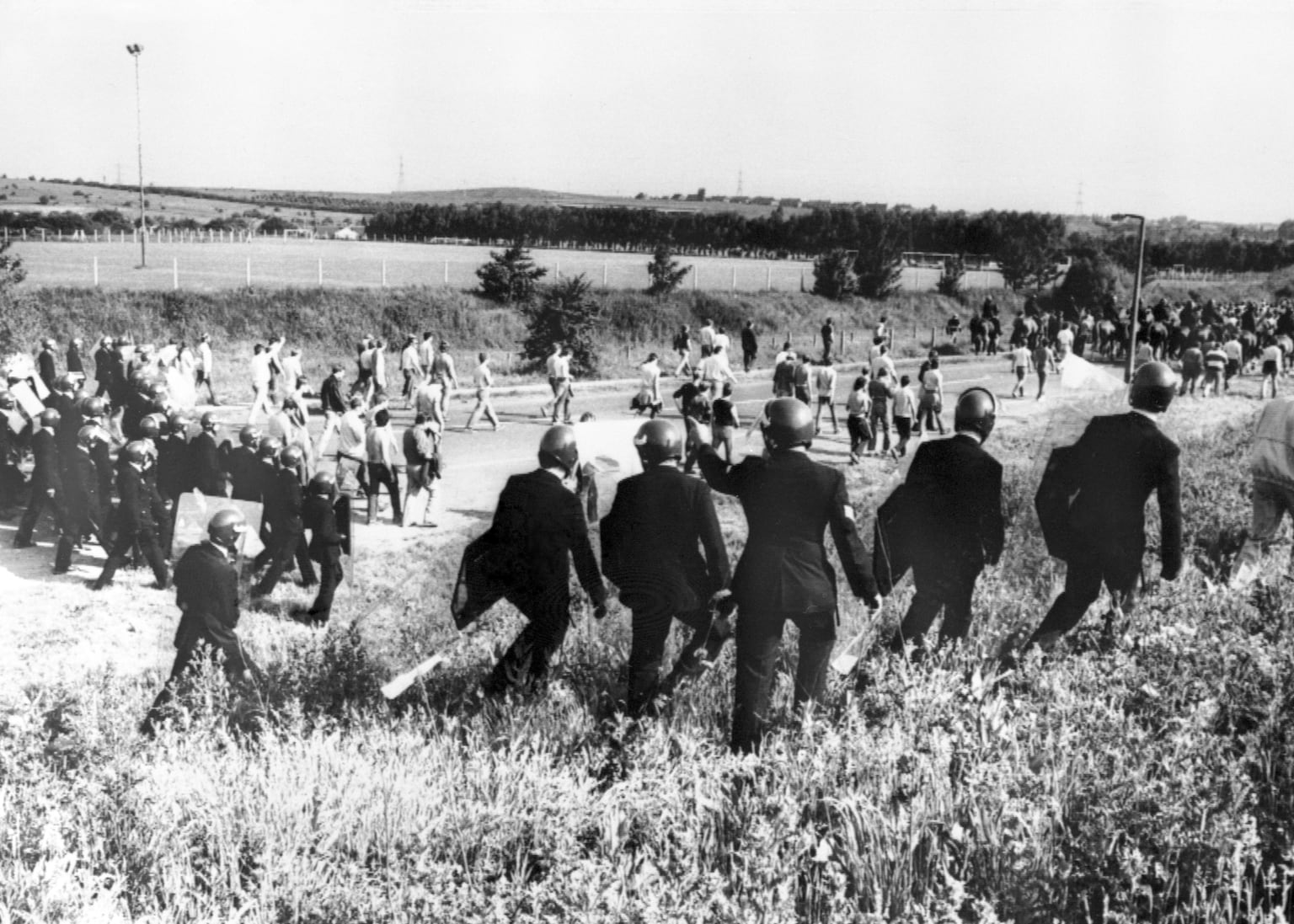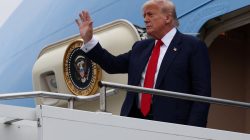The Establishment of a Public Inquiry into the Orgreave Confrontation
A public inquiry has been announced to investigate the violent confrontation that occurred at Orgreave during the 1984 miners’ strike. This significant development marks a step toward uncovering the truth behind one of the most contentious events in British labor history. The inquiry, expected to launch in the autumn, will focus on the clashes at the Orgreave Coking Plant in South Yorkshire on June 18, 1984, which resulted in 120 injuries.
During the incident, 95 picketers were arrested and initially charged with riot and violent disorder. However, all charges were later dropped after evidence was found to be discredited. The inquiry will have statutory powers to compel individuals to provide information when necessary, ensuring a thorough examination of the events.
Leadership and Purpose of the Inquiry
The Rt Revd Dr Pete Wilcox, the Bishop of Sheffield, has agreed to chair the inquiry. The Home Office emphasized that the purpose of the inquiry is to aid the public’s understanding of how the events on the day and immediately after came to pass. Home Secretary Yvette Cooper highlighted the impact of the events on communities in Yorkshire and other mining areas, stating that the violent scenes and subsequent prosecutions raised concerns that have lingered for decades.
Cooper paid tribute to the campaigners who have tirelessly pursued truth and justice. She expressed her commitment to working with them to ensure the inquiry delivers the answers they and their communities deserve.
Consultation and Expectations
Formal consultation between the Home Secretary and the Rt Revd Wilcox on the inquiry’s terms of reference has already begun. Wilcox acknowledged the weight of expectation and the significance of the task ahead. He expressed his intention to engage with stakeholders over the draft terms of reference and to work with the government to identify experts for the independent panel.
Wilcox expects the panel to begin its work in the autumn and aims to deliver an inquiry that is thorough, fair, and swift in uncovering what happened at Orgreave.
Demands from the Orgreave Truth & Justice Campaign
The Orgreave Truth & Justice Campaign (OTJC) has voiced its desire to understand who was responsible for organizing and ordering the deployment of multiple police forces, including mounted police armed with truncheons, shields, and dogs, against striking miners. The campaign also seeks to find out how it was decided that striking miners should be attacked and arrested at Orgreave and charged with riot and unlawful assembly, which carried heavy prison sentences.
Additionally, the OTJC wants to know why the police operational order for deployments that day disappeared and why other evidence was destroyed or embargoed until 2066 and 2071.
OTJC secretary, Kate Flannery, welcomed the announcement of the inquiry as “really positive news.” She stressed the need for the inquiry to have the necessary powers to fully investigate all aspects of the orchestrated policing at Orgreave and to have unrestricted access to all relevant information, including government, police, and media documents, photos, and films.
Reactions from Miners’ Unions and Survivors
The National Union of Mineworkers (NUM) general secretary, Chris Kitchen, described the inquiry as “hugely welcome.” He noted that the events at Orgreave, and throughout the strike, have had a lasting impact on the trust between the police and mining communities. Kitchen emphasized the importance of rebuilding that trust through the inquiry.
Kevin Horne, a miner arrested at Orgreave, expressed the urgency of the inquiry. He pointed out that over 41 years have passed since the paramilitary-style police operation, and many of those involved are now deceased or elderly. Horne called for a quick and thorough inquiry with a tight timescale to ensure surviving miners can finally obtain the truth and justice they have long awaited.
Broader Implications and Significance
South Yorkshire Mayor Oliver Coppard described the inquiry as a “landmark moment for justice and accountability.” He highlighted the opportunity to examine not only the actions of South Yorkshire Police and other forces on that day but also the broader role of government at the time. Coppard emphasized the importance of setting the historical record straight, ensuring lessons are learned, and restoring public trust.
The establishment of this inquiry represents a significant step toward addressing the unresolved issues surrounding the Orgreave confrontation. It underscores the importance of transparency, accountability, and the pursuit of truth in the face of historical injustice. As the inquiry moves forward, it is hoped that it will provide closure for those affected and contribute to a more complete understanding of this pivotal chapter in British history.







